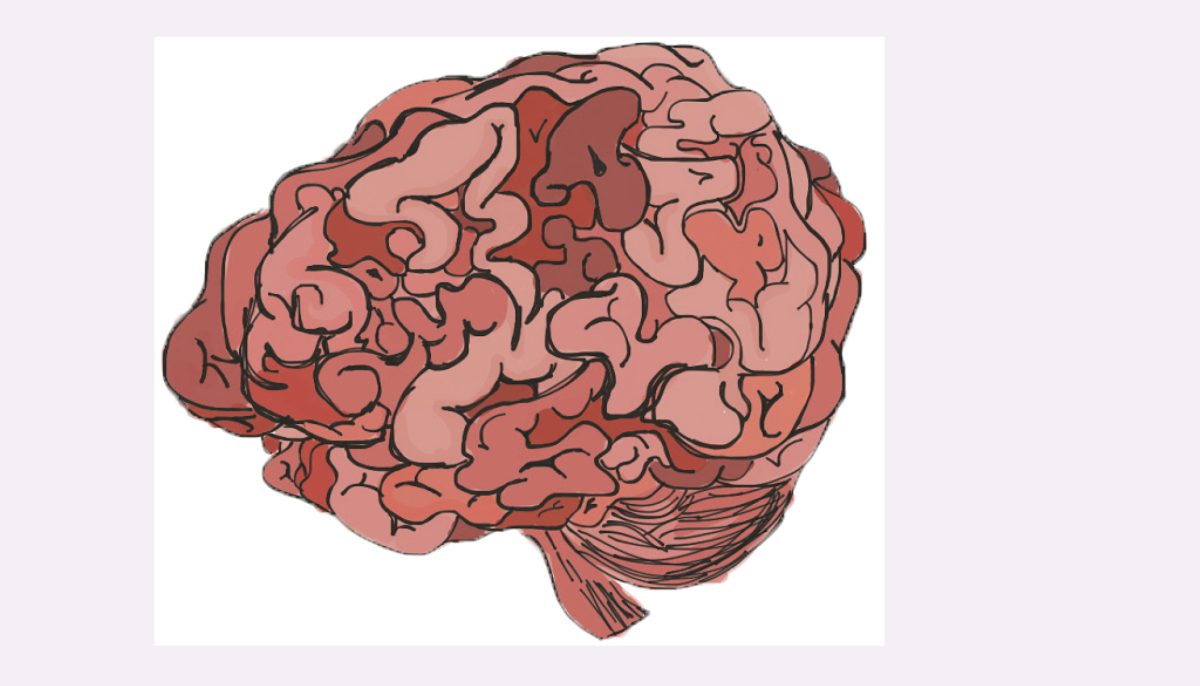Cynicism linked to risks of dementia
A cynical person has a mistrust towards others and believes situations will turn out for the worst instead of for the better. If you consider yourself a cynical person, you might want to rethink that attitude. Cynical distrust, anger or hostility have been linked to heart problems and inflammation, and dementia may be another potential consequence of this bad attitude.
Being cynical doesn’t just make you a bummer to be around; it may also cause actual brain damage, according to the medical journal of the American Academy of Neurology. Psychologists regard it as a kind of chronic anger that develops over time. Particularly, the type of cynicism that researchers looked at involved doubting the truth of what people say and believing most people are motivated for arrogant reasons rather than by what is best for others around them.
Cynical people have a higher likelihood of developing dementia, which is a chronic disorder of the mental process caused by brain disease or injury and marked by memory loss, personality changes, and impaired reasoning.
“There have been previous studies that showed that people who were cynical were more likely to die earlier and have other poor health outcomes,” said Anna-Maija Tolppanen, one of the study’s authors and a professor at the University of Eastern Finland, “we have seen some studies that show people who are more open and optimistic have a lower risk for dementia.” The study tested 1,449 people with an average age of 71. The participants took two separate tests, one for dementia and one for measuring their levels of cynicism. The test for cynicism asked the person being tested if they agree or disagree with statements like “most people will use somewhat unfair reasons to gain profit or an advantage rather than lose it,” “I think most people would lie to get ahead”, and “it is safer to trust nobody,” Science Daily said.
A total of 622 people completed two tests for dementia, with the last one an average of eight years after the study started. In that time, 46 people were diagnosed with dementia. Once researchers adjusted for other factors that could affect dementia risk such as high blood pressure, high cholesterol, and smoking, people with high levels of cynical distrust were three times more likely to have dementia than people with lower levels of cynicism. Of the 164 people with high levels of cynicism, 14 people developed dementia, compared to nine of the 212 people with low levels of cynicism.
The same study also looked at whether people with high levels of cynicism were more likely to die sooner than people with low levels of cynicism. A total of 1,146 people were included in this part of the analysis, and 361 people died during the average of eight years of follow-up. High cynicism was initially associated with earlier death, but after researchers accounted for factors such as socioeconomic status, behaviors such as smoking and health status, there was no longer any link between cynicism and earlier death.
So, the next time you find yourself distrusting others, you might want to try to turn that attitude around. You will probably end up having a better day for it, and you may just help protect your brain from damage in the process.







